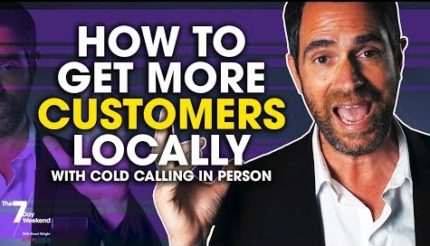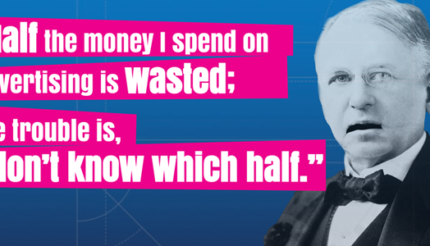You’ll often hear me talking about being clear on your target market, and there’s good reason for that.
If you’re not specific about who your ideal customer is, in other words, “we can work with everyone“, you’ll probably end up working with no one.
Without understanding in detail, who you want to work with, and who truly values what you offer, then you’re going to struggle in the market place.
There’s two elements you need to grasp:
- Creating your niche – a unique selling proposition that sets you apart from the competition
- Finding your target market – pairing your USP up with a specific segment of people or businesses who want what you’re offering, and are willing to pay your prices
That’s why some customers are better than others.
Your A grade customers will be the ones who love what you do, never complain about your prices, always pay on time, and refer you to all their A grade client friends.
You’ll probably have some B grade customers – basic – they might not be your ideal customers, but no point in turning them away.
C grade customers are challenging, they take up a lot of your time, and aren’t that particularly profitable. There’s two ways of dealing with them: raise your prices or send them to your competitors.
Then you’ve got your D grade customers – dead – don’t want to deal with them at all.
If you’re not sure who your ideal target market is, go back through your customer database and rank your customers from A-D.
Once you have a list of A grade customers, look for similarities.
If you’re B2C – What age are they? What area do they live in? What type of house do they have? Do they have children?
If you’re B2B – What industry are they in? How many employees do they have? Who was the decision maker?
What do you know about them, that would help you find more customers who are similar to them?
By identifying who your best customers are, you can start to work smarter, not harder.
Find the most profitable customers, market and sell to them, rather than running around trying to market and sell to everyone.
For more advice on creating a business that works without you, visit The 7 Day Weekend YouTube channel or come to one of my upcoming workshops.





